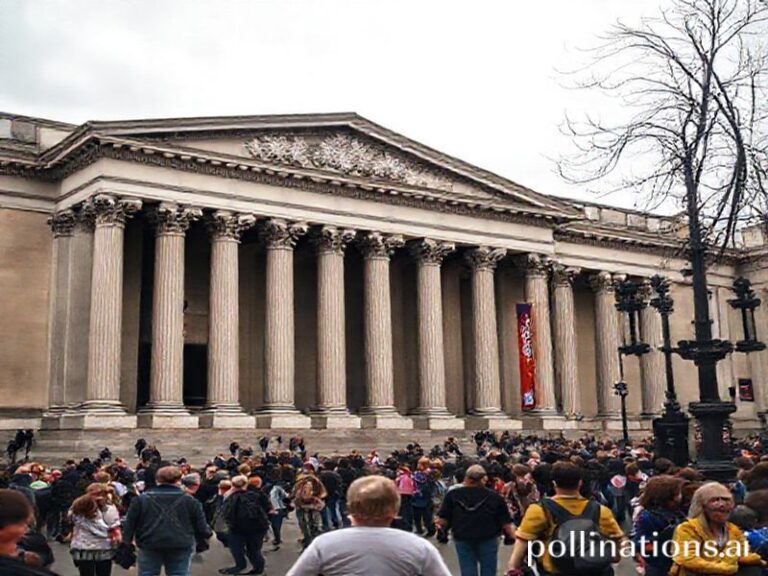Spy Stock: How the World’s Paranoia Became Wall Street’s Hottest Commodity
Spy Stock: When the World’s Second-Oldest Profession Meets Its Youngest Obsession
By Our Man in Geneva, still waiting for his expense-account martini to arrive
GENEVA – From the mirrored towers of La Défense to the dim sum parlors of Sheung Wan, a quiet consensus has emerged among the people who move real money: the only thing sexier than owning a piece of tomorrow’s battery metal is owning a slice of yesterday’s listening device. Enter “spy stock,” the deliberately vague Wall Street shorthand for shares in the companies that keep the planet bugged, tapped, geofenced, and politely blackmailed. Think Palantir, Booz Allen, Verint, the dark-arts divisions of BAE or Thales—firms whose org charts look like a bowl of ramen left out in the rain, yet whose revenue lines ascend with the tidy inevitability of a Swiss funicular.
Global finance adores a moral vacuum, and espionage has always been a seller’s market. The Cold War gave us the first great spy-stock boom—back then it was Kodak for satellite film and IBM for computers the size of Volkswagens—while the War on Terror rebooted the sector with facial-recognition start-ups that promised to make jihadists as trackable as Uber drivers. Now, in the twilight of the “rules-based international order,” the customer list has expanded from Langley and Vauxhall Cross to every customs bureau, traffic-cop algorithm, and paranoid petro-kingdom with a sovereign wealth fund and a hobbyist interest in dissidents.
The numbers are deliciously amoral. Palantir’s share price has tripled since 2022, neatly tracking the global rise in governments who’d rather not bother with warrants. French defense-electronics giant Thales enjoys a price-to-earnings ratio that smells like truffle oil, thanks in part to exporting “smart border” tech to countries that can’t spell habeas corpus. Even Israel’s NSO Group—currently under U.S. sanctions for the crime of getting caught—has private equity scrambling to rebrand its assets like a chain of compromised tanning salons.
Why the worldwide feeding frenzy? First, because the product never goes stale: paranoia is the ultimate renewable resource. Second, because spy gear is now dual-use in the most Silicon-Valley sense of the term. The same platform that spots a North Korean launch can also monitor union organizers outside a Bangladeshi garment factory. Investors call this “optionality”; the rest of us might call it a business model that thrives on the misery of strangers.
The geopolitics are equally cynical. Washington wants chips that phone home; Beijing wants chips that phone Beijing; Brussels wants chips that phone a law firm in Luxembourg to confirm GDPR compliance. Everyone gets a bespoke flavor of surveillance, wrapped in patriotic ribbon. The result is a rare bull market where sanctions, export bans, and human-rights reports serve as free advertising. Nothing says “must-have” like a technology so potent that governments argue about who’s allowed to buy it.
Retail investors, bless their Robinhood hearts, have joined the party via thematic ETFs with tickers like BUGS and SPYX. Financial advisors in Singapore now serve surveillance exposure the way they once served emerging-market bonds: a diversified sprinkle across geographies and repression styles. Meanwhile, ESG fund managers in Scandinavia have discovered the magic of “defense exceptionalism,” a theological loophole allowing them to hold missile-guidance suppliers so long as the missiles are pointed at someone else’s ESG score.
There are, of course, risks. Whistle-blowers occasionally wander into daylight, USB stick in hand, causing 20-percent single-day drops that traders euphemistically call “volatility events.” Lawsuits bloom like algae, but so far no court has managed to fine a data-mining firm into actual penury; the worst outcome is usually a rebranding workshop and a fresh coat of mission-statement paint.
Still, the smart money bets that the sector’s fundamentals remain solid. As long as nation-states continue their romantic flirtation with permanent emergency, spy stock offers the rare combination of secular growth and moral hazard. It is, in the end, the purest trade in modern capitalism: selling the rope, the listening device, and the quarterly subscription to the very people who will eventually hang themselves with it. And when they do, rest assured someone will be selling tickets to the livestream.
Bottom line: Buy the dip, or be the dip. Your metadata is already on file.







